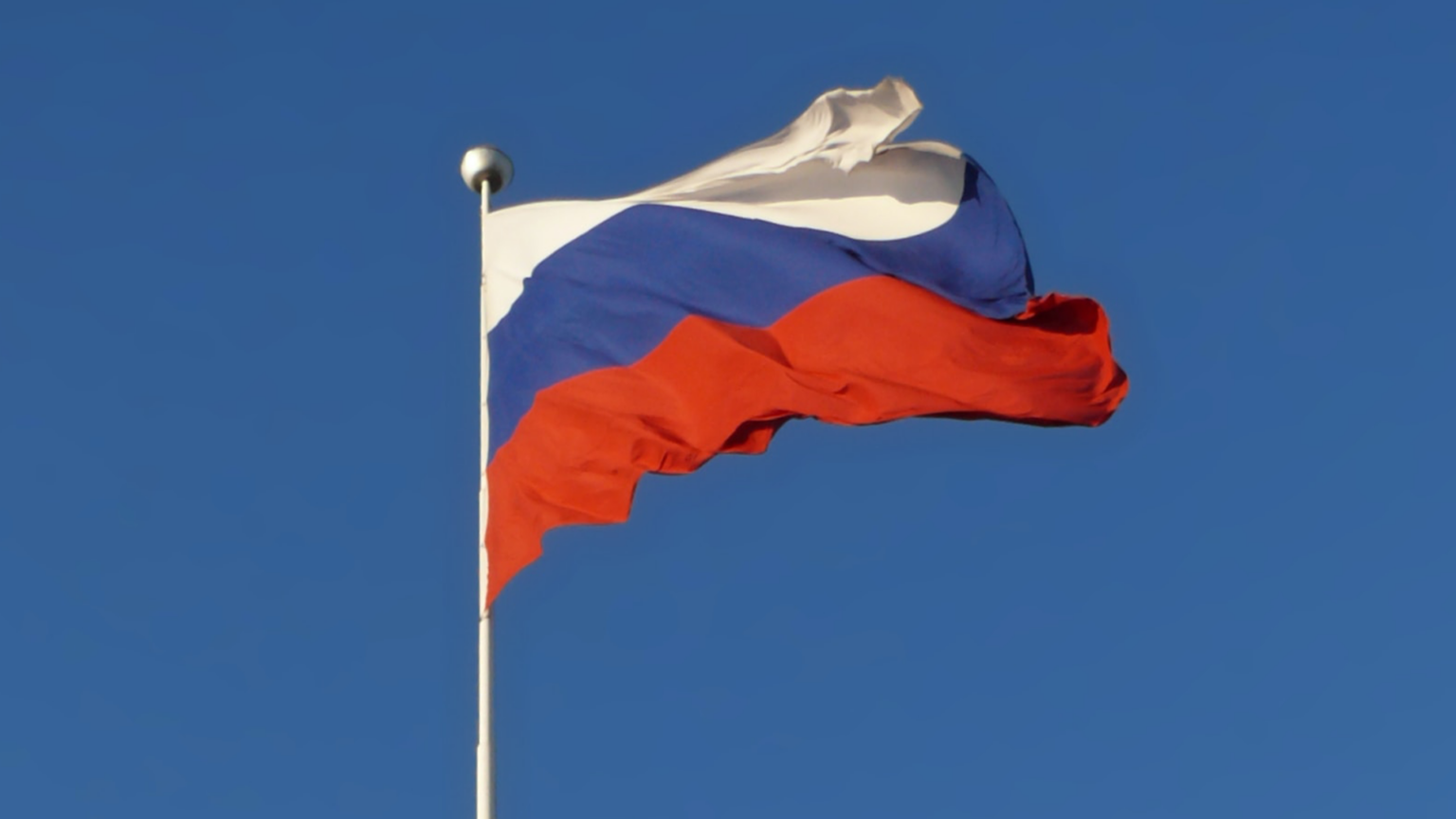Russia’s parliament backs adoption ban from ‘sick’ countries that allow gender transition
"With this law we are protecting the child," said Vyacheslav Volodin, the Chairman of the State Duma
By Alim Kheraj

Russia‘s parliament has backed legislation that would block people from countries that allow individuals to change their gender identity to adopt children from the country.
The bill, which passed through the parliament on Wednesday (26 September) with an almost unanimous vote, was introduced to protest the country’s “traditional values”, the legislature said.
In order to be written into Russian law, the legislation must be passed through two additional readings and approved before the upper chamber, before it becomes signed by the president, Vladimir Putin.
“With this law we are protecting the child” – Vyacheslav Volodin, chairman of Russia’s State Duma
The bill will ban people from countries that permit “the change of sex by medical intervention, including with the use of medicine”, as well as those that allow individuals to change their gender identity on government identity documents.
Vyacheslav Volodin, the chairman of the State Duma, the lower house of Russia’s parliament, said: “With this law we are protecting the child; we are doing everything for the child not to end up in a country where same-sex marriage and sex change is allowed.”
As reported by AFP, Volodin had previously given an interview with Russian media in which he said countries like the US and the UK were “sick” for allowing people to change their legal gender and to transition.
Adoption of children from Russia by foreign citizens has fallen dramatically since 2012 and all but halted following the country’s invasion of Ukraine. In 2023, AFP noted citing official figures that only six children were adopted by those outside of the country.
The introduction of the bill marks a further step forward in Russia’s hostility towards the LGBTQ+ community. In 2023, the country banned the so called “international LGBT public movement”, with the country’s Supreme Court dubbing it an “extremist organisation”.
The move followed an expansion of Russia’s so-called “Gay Propaganda” bill, initially introduced in 2013. Under the legislation, any promotion of what the country calls “non-traditional sexual relations” in public, online, in film and in advertising are strictly prohibited.
